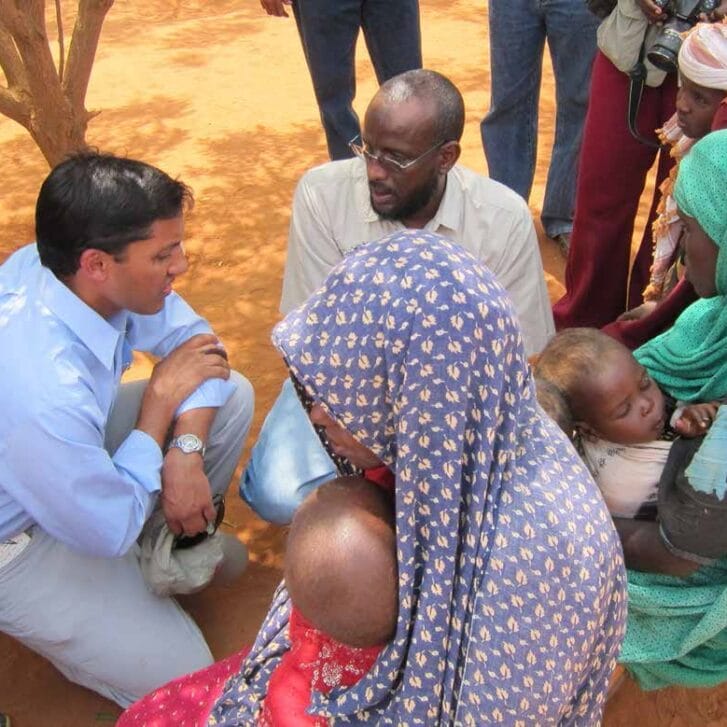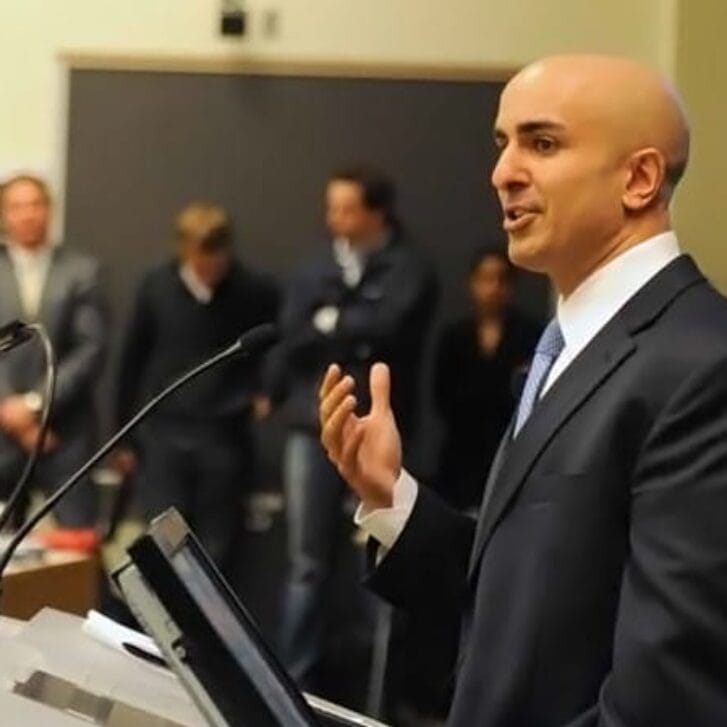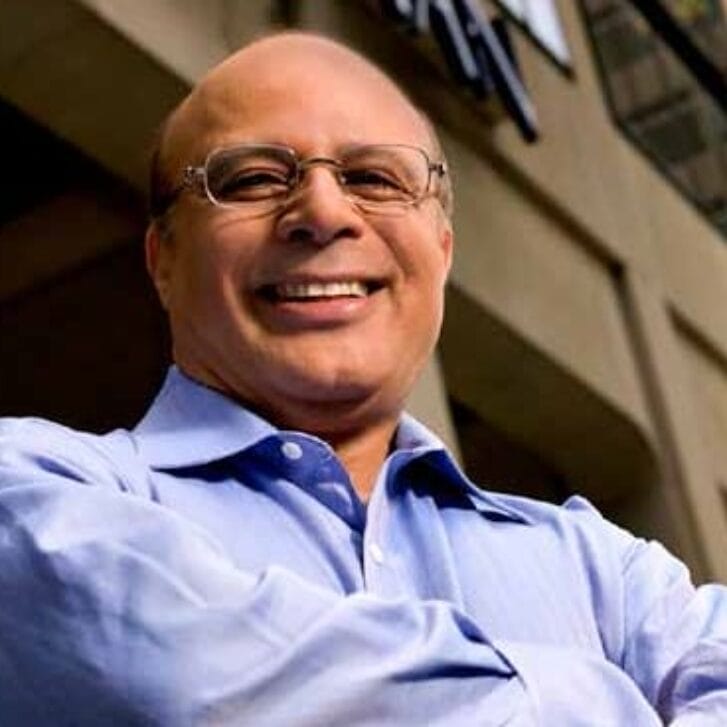It was a whirlwind few months. Dr. Rajiv Shah, M’02, GrW’05, was confirmed as Under Secretary of Agriculture in May 12, 2009, only to be then confirmed as head of the United States Agency for International Development (USAID) on Dec. 24. Days later, he was managing the American response to the Haiti earthquake. Since then, he has managed the response to one global crisis after another, while transforming the $22 billion, 10,000-employee global development arm of the U.S. government. Applying his Wharton knowledge, medical background and experience at the Bill & Melinda Gates Foundation, he has leveraged public-private partnerships with aims of improving diplomacy, reforming global agriculture and ending hunger, among other “modest” goals.
WHARTON MAGAZINE: You’ve been called a “wunderkind with dizzying brainpower.” How do you view yourself?
RAJ SHAH: Well, thank you. And that’s very nice, but maybe a little bit much. I believe that for America to be the world’s greatest superpower 20, 30 years from now, we need to help big parts of the world in Asia, Africa, Latin America and elsewhere to fully realize their potential. In order to achieve that vision at a time when fiscal constraints are very challenging, and at a time when Americans sometimes have less faith in our government to deliver that kind of a vision, we’ve had to be bold and aggressive in putting in place a set of business-like reforms that just change the way we work.
WM: Which personal qualities have made this success possible?
SHAH: I have some unique experiences from working at the Gates Foundation and from being a Wharton grad, and from focusing on the interface between the public and private sector to try to build those kinds of partnerships. But the reality is that’s not enough, that what we’re trying to do here, or are in the process of doing, is transforming the culture and operations of a major $22 billion-a-year federal agency.
WM: How have you been making this happen?
SHAH: Whereas we used to have public sector-oriented foreign service officers, we now also have field investment officers that work in our missions around the world, that go out and scout investment opportunities for private firms and put those deals together. We have people that work with local banks and use our money, not just to provide kind of open-ended grant resources or write checks to governments, but we work to guarantee lending from local banks to agricultural businesses in those countries. Instead of just writing a check and building a road or a power plant, we now kind of ask governments to make reforms and line up private investors so that for every dollar we put in to this effort to end hunger, we know we’re getting a match on that dollar through private investment, and getting another match on that dollar through domestic investment in the country.
WM: How did you first get involved in public service?
SHAH: How I got involved is really interesting because I was in Philadelphia at Penn. I got there in 1995, in the midst of Ed Rendell’s renaissance for the city, and started working with his operation in Philadelphia, and also through that, kind of engaging in national political efforts. I got to meet people who worked with Al Gore. And so when he moved his campaign office from Washington to Nashville, I volunteered to join, and a whole night after taking my board exams at medical school, I got in my car and drove to Nashville to join his political campaign. That was really my first opportunity to be in national politics. I started at the absolute very bottom as a volunteer working with a group of kids from the local high schools in Nashville. We would go to the library and Xerox copy and microfiche Al Gore’s political history. But after being engaged in that for a couple of months, I ultimately got to contribute in a broader way, and ended up working on health care issues for the campaign and met some great people who then really have helped me find other roles, whether it’s at the Gates Foundation or in the Obama administration.
WM: Why did you get involved?
SHAH: I grew up in suburban Detroit, and when I was very young, had a couple of opportunities to visit India with my family. On one of those visits, my uncle kind of drove me through a real slum. And I was just a young kid from suburban Detroit [and] had never seen anything like the excruciating poverty that I saw in that setting. And I remember seeing these other kids that were kind of like me but didn’t have shoes and were walking around in open sewage,and were living in these huts with no floors. I just was blown away and felt like anyone who had the opportunity should really work to end that kind of extreme human deprivation and suffering.
WM: How did you go so quickly from Undersecretary of Agriculture to head of USAID?
SHAH: Secretary Clinton called and asked me to lead USAID on behalf of President Obama, and I was honored to receive her call. It’s always surprising when your cell phone rings and it’s Hillary Clinton on the other end.
WM: And right into dealing with the Haiti earthquake …
SHAH: I had spent a lot of time on a pretty elaborate and thoughtful 100-day plan. And then six days into the job, this tragic earthquake killed nearly 250,000 people in Port-au-Prince. President Obama asked me to lead what ultimately turned out to be the largest humanitarian response ever mounted. We went from the Haiti earthquake to the largest floods ever in Pakistan that affected 11 million people and threatened that country’s economic viability precisely at a time when instability in Pakistan would have significant security consequences for us in Afghanistan and around the world. I get excited about the proactive public-private partnerships we’ve structured to end hunger in sub-Saharan Africa and preventable child deaths all around the world. The biggest learning for me has been how you maintain focus on a proactive set of priorities in a major organizational transformation, while also handling a series of immediate global crises.
Read about the four other Whartonites “Putting Knowledge Into Action.”

























